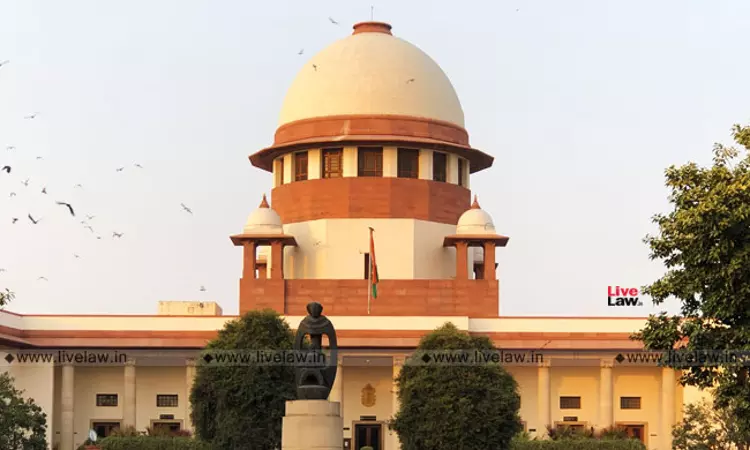Supreme Court Upholds Life Sentence For Mother Who Killed Her 5-Year Old Child
Sohini Chowdhury
23 Feb 2023 10:32 PM IST

Next Story
23 Feb 2023 10:32 PM IST
The Supreme Court, on Wednesday, reiterated that when there is concurrent findings of fact by the Trial Court and the High Court, the Apex Court ought not to re-appreciate the evidence to examine the correctness of such findings of fact, unless there is manifest illegality or grave and serious miscarriage of justice on account of misreading or ignoring material evidence. A Bench...
